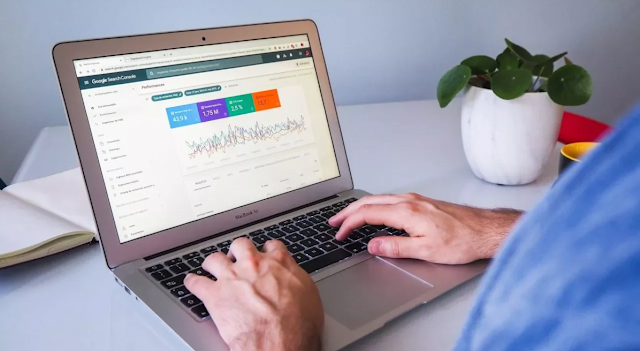Finding the right SEO tips and getting ranked in the top 10 search results for Google-related keywords is a dream for every site owner. If you own a web log, portfolio website, or e-commerce store. I've carefully designed 8 SEO (Search Engine Optimization) keys that will not only help you get a good ranking on Google for your keywords but you can also go to the first page of the ranking.
Everyone knows that the huge number of traffic comes from the first page of search results, no one cares about going to the second page or beyond.
In order to rank in the top 10 search results, the first thing you should keep in mind is the content. Content must be created for users to obtain information. The keywords in your content should be carefully evaluated by taking into account users and search engines.
After analyzing keywords and writing content, here's what you need to consider when you're about to publish your content online.
1: Try to improve page titles and meta descriptions:
- Make the title of the post short and attractive.
- Keep the length of the definition description between 180-200 characters.
- Do not repeat the title among the outline.
- Don't add too many keywords.
2: Properly synthesized perpetual link for SEO:
- Make URLs clear, simple, and easy to understand for Google and users.
- Avoid long URLs.
- Use the correct words that clearly describe your post.
This is a simple formula:
Include the focus or keyword in the post's title and describe the definition. This helps to increase your SEO score.
3: Link related articles to each other (internal link)
Your internal links help Google understand control over a particular topic. For example, if you're writing about digital marketing, in different blog posts, you've covered search engine optimization (SEO), sponsored blogging, or social media marketing, and the internal linking of these articles (from one blog post to another on your website) informs Google of your tropical coverage.
- Always understand the purpose of your pages.
- Always make sure that the links are useful to the user and very easy to understand by Google.
- Keep the user in mind. Don't create links for the sole purpose of educating Google. Make sure users take advantage of your internal link to navigate to posts that can educate them. The bounce rate of your page is very important. If the bounce rate is low, it encourages Google to rank higher for your keywords because it gives weight to the fact that people read your content for a longer time.
- Avoid victimisation keywords like click here to be told additional. Keep the organic flow and link a keyword in the sentence. Note the link organically instead of asking users to take direct action.
4: Try to use H1, H2 and H3 naturally in your content.
- Use H1 labels for the title of your post.
- Use H2 tags for headlines for your post.
- Use bold and italic font to grab the user's attention.
- Don't use H2 tags for all your addresses.
- Write small paragraphs, make the information concise.
5: Try converting photos to WebP format:
- Use alt text to describe the image. Do not stuff keywords.
- Improved image file size. The smaller the image size (in KB), the quicker your website can load.
- Use the tools to compress the size of your image. I'm using Adobe Photoshop.
- Convert pictures to WebP format to scale back file size.
6: Make the website responsive. Need for speed:
The speed and responsiveness of a website is one of the important factors for good search engine optimization. If you wish your website to rank within the prime ten search results on Google, ensure your website is hosted on quick servers and might be viewed on all gadgets like laptops, desktops, tablets, iPads, and smartphones.
7: Use WordPress plugins for Yoast/AIOSEO (All in One SEO) for meta tags:
Meta tags provide information to the search engine about your page. In order to create the page title, description, and keyword for focusing, use the plugins Yoast or AIOSEO. These WordPress plugins teach search engines about your content summary and how you want your page to appear in search results.
8: Always remember the content is king.
Besides all the attribution factors that help you rank your content on Google, remember that content is everything. If your content is informative, it adds value to users; they read it for a longer time, and the chances of your keywords being ranked on Google are higher. An effective SEO process is all about your content and keeping users in mind.






.jpg)




.jpeg)
.jpeg)
.webp)
0 Post a Comment:
Post a Comment